1. Alex P. Keaton – Family Ties
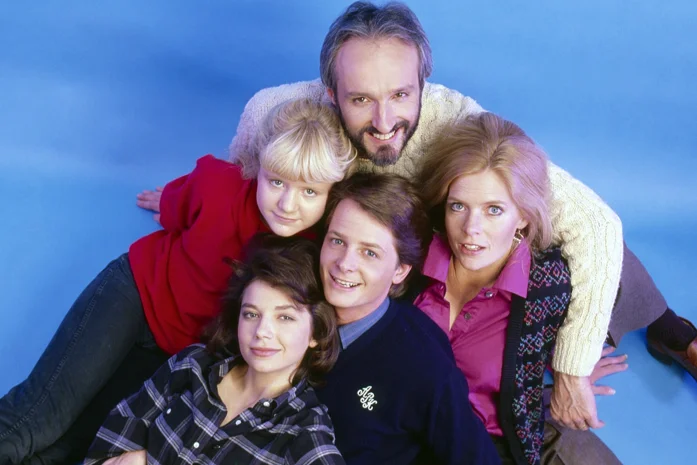
Michael J. Fox turned Alex into the ultimate ’80s overachiever, the kid who kept a briefcase next to his algebra book. He worshiped Wall Street, quoted economists at the dinner table, and still managed to be charming. The fun was watching him collide with his hippie parents, then soften when it mattered. Under the blazers and bravado, he cared deeply about his family, which made the jokes land even better.
Alex captured a moment when ambition felt like a personality trait, yet he was never a cartoon. He could be smug, then surprisingly vulnerable, and Fox played both sides with ease. Episodes that let him fail a little made him feel human. That balance is why Alex still reads as an icon, not just a punchline from a very specific decade.
2. Jessica Fletcher – Murder, She Wrote
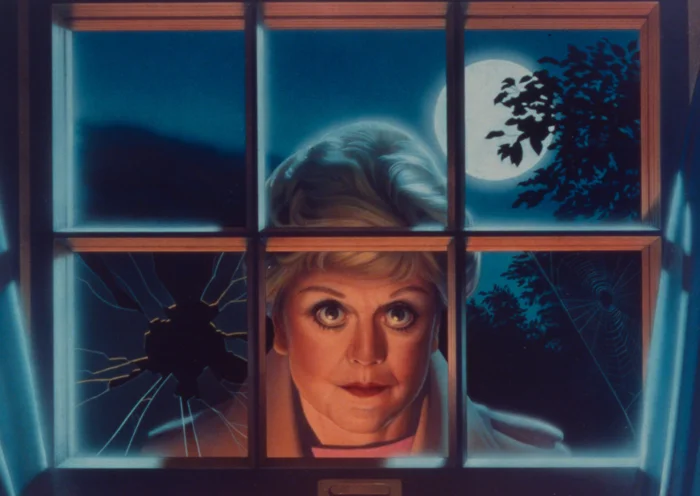
Angela Lansbury’s Jessica Fletcher wrote bestsellers by morning and solved murders by dinner, all with small town manners. She listened more than she lectured, which made suspects spill their secrets. She was curious, steady, and always a step ahead, without needing a badge or bravado. Her confidence was quiet, and that quiet felt powerful.
Jessica made intelligence look inviting, like a table set for tea and clues. She showed that age is not a limit, it can be an advantage. The show’s cozy mysteries wrapped real stakes in warmth, and Jessica’s presence kept it humane. When she tilted her head and asked one more question, you knew the truth was about to surface.
3. MacGyver – MacGyver
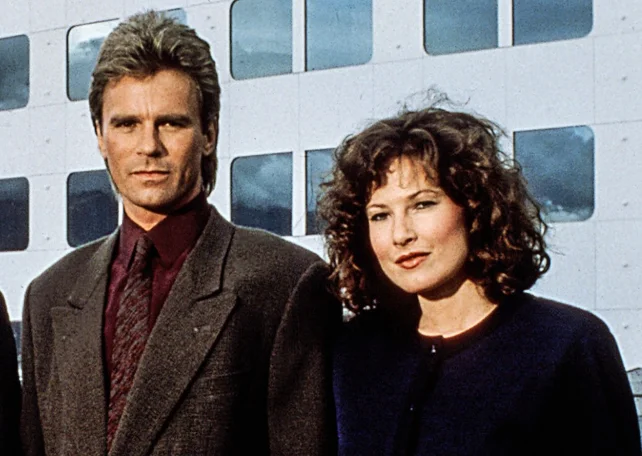
Richard Dean Anderson’s MacGyver saved the day with a paperclip, some gum, and a brain that never panicked. He chose to outthink problems instead of overpower them. He carried a Swiss Army knife instead of a gun, which felt radical on action TV. The message was simple, clever beats loud, and it stuck.
MacGyver made creativity feel heroic, which is a rare trick for a primetime lead. He encouraged viewers to look at everyday objects differently. The show turned curiosity into action, and it made science feel cool. That spirit is why people still say they will “MacGyver” a fix when something breaks.
4. Dorothy Zbornak – The Golden Girls
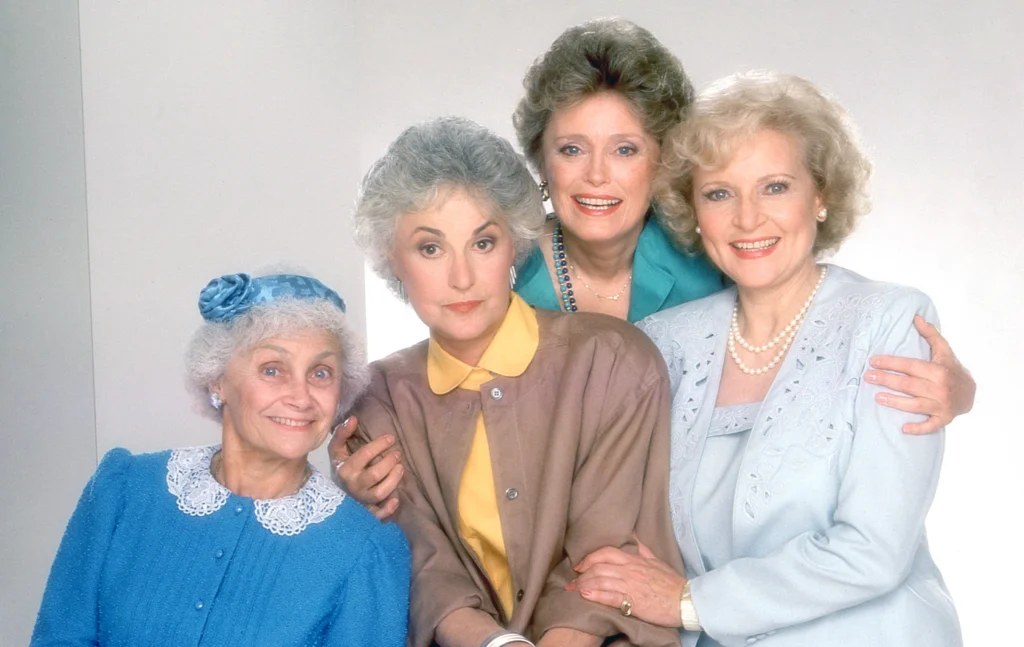
Bea Arthur gave Dorothy a spine of steel and a heart she guarded until the punchline. She met nonsense with a raised eyebrow, and somehow the room got quieter. Dorothy’s sarcasm was a shield, but it was also a love language. When she opened up, the laughs turned into something a little tender.
Dorothy proved that middle age can be fearless, funny, and full of second chances. She fought for respect in her relationships and her work, which felt honest. Her friendship with Blanche, Rose, and Sophia was the show’s true romance. The way she listened, challenged, and protected them made her unforgettable.
5. Sonny Crockett – Miami Vice
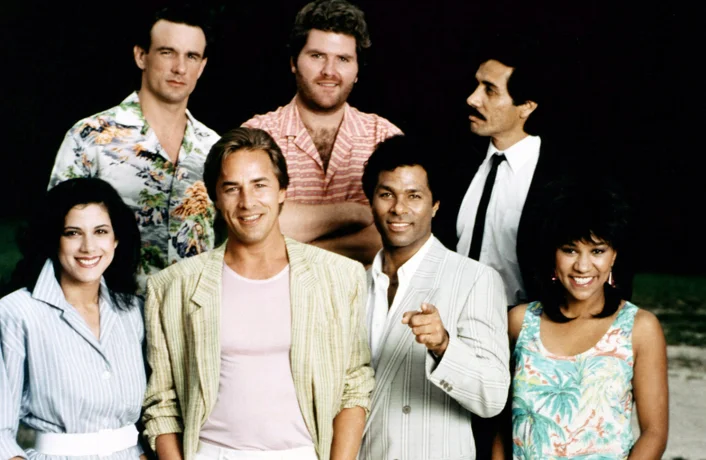
Don Johnson’s Sonny Crockett was neon cool and hurricane weary at the same time. He cruised the night in a white suit, but the swagger hid real bruises. The music, the boats, and the pastel skyline made him look mythical. Under it all, he was a cop who cared, and it showed.
Sonny’s style shaped the decade, yet he never felt shallow. He carried the cost of the job in his eyes, which grounded the glamour. The show made atmosphere a character, and Sonny moved through it like smoke. He is still the image people picture when they think of ’80s TV cool.
6. Michael Knight – Knight Rider
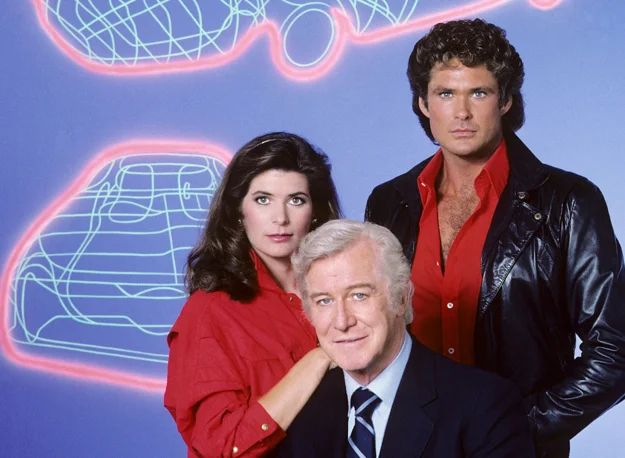
David Hasselhoff’s Michael Knight worked with a talking car, and somehow it never felt silly when the stakes rose. He trusted KITT like a partner, and that bond gave the show its heart. Michael had a classic TV hero vibe, confident and calm in a crisis. He also had a gentle way with people who needed help.
The series treated technology as a friend, not a threat, which felt optimistic. Michael listened to KITT, and that respect made both of them stronger. The turbo jumps were fun, but the promise of teamwork is what stuck. Michael and KITT made a case that loyalty can be engineered, then chosen.
7. B. A. Baracus – The A-Team
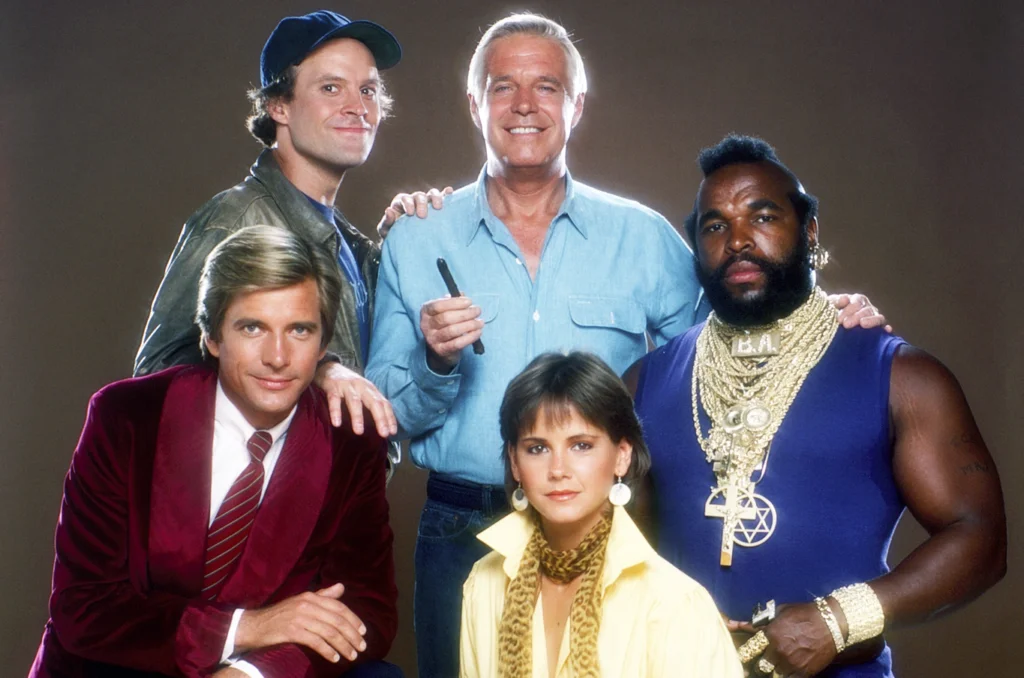
Mr. T’s B. A. Baracus wore gold chains and a scowl, yet he was the group’s beating heart. He fixed what was broken, glared at what was foolish, and protected the people who had nothing. He hated flying, which made him oddly relatable for a near superhero. His one liners were a reward after the action.
B. A. turned strength into a kind of kindness, practical and loud, but never cruel. He showed that being tough and being decent can live in the same person. The team counted on his skills, and viewers counted on his moral compass. He was the anchor that kept the show from floating off into fantasy.
8. J. R. Ewing – Dallas
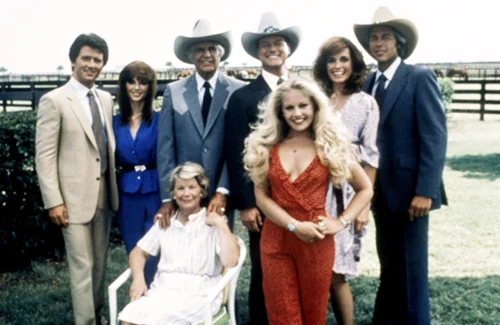
Larry Hagman played J. R. with a grin that promised trouble and a plan that delivered it. He was charming enough to make betrayal look like a business strategy. Viewers loved to hate him, then they loved that they loved it. J. R. was television’s great corporate villain, and he owned the role.
What made him iconic was not just the scheming, it was the joy he took in the game. He treated power like a sport, and every deal was a match point. The “Who shot J. R.?” frenzy showed how deeply he hooked the audience. He proved that a great antagonist can drive a whole decade of TV conversation.
9. Alexis Carrington – Dynasty
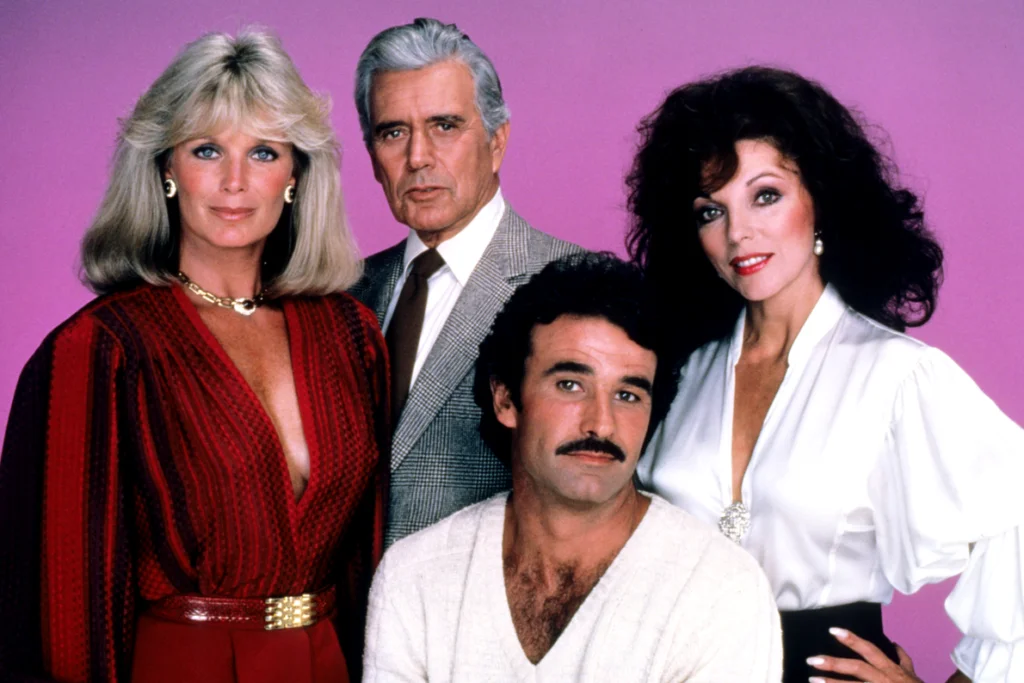
Joan Collins swept into rooms as Alexis like a storm wearing perfume. She dressed like victory and argued like a litigator, and people watched in awe. Alexis did not apologize for ambition, she announced it. The show let her be complicated, which made her entertaining and oddly inspiring.
Alexis pushed back on the idea that women had to be nice to be interesting. She won some, lost some, and always returned with a better outfit. Even her feuds carried a kind of theatrical grace. She turned prime time into a runway for power, and the decade took notes.
10. Balki Bartokomous – Perfect Strangers
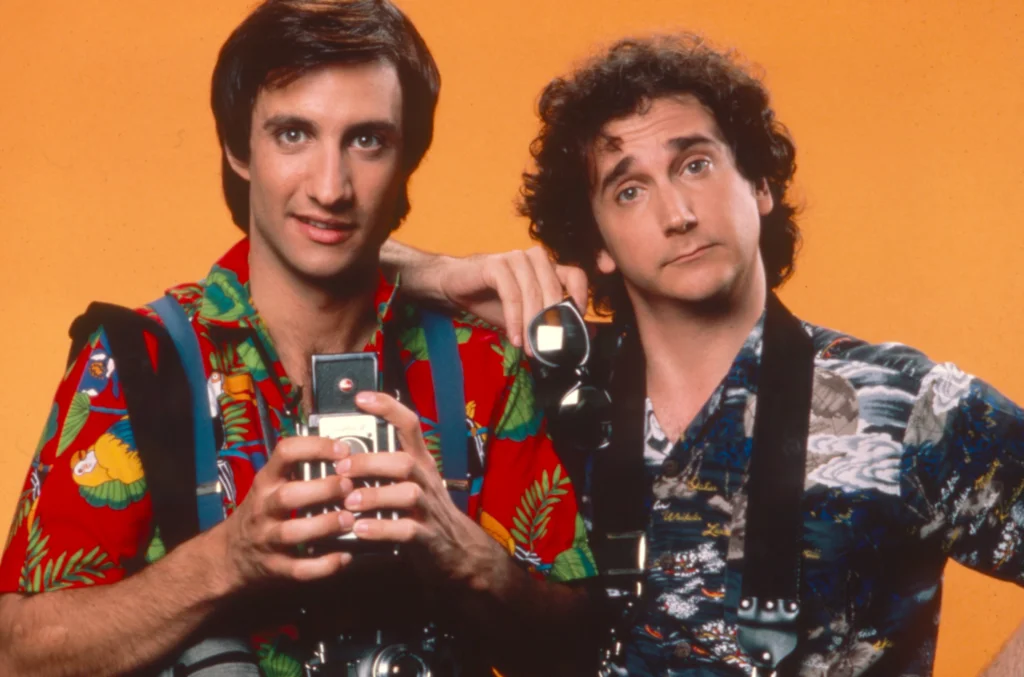
Bronson Pinchot’s Balki arrived in Chicago with big dreams and bigger kindness. He misread idioms, hugged without asking, and meant every good intention. His innocence was not a joke, it was a gift that softened the hard edges of city life. Larry learned patience, and viewers learned to laugh without cynicism.
Balki’s optimism felt like an antidote to fast, sharp ’80s culture. He made friendship look like a daily practice, not a plot device. The dance of joy was silly and sincere, which is a hard mix to nail. He reminded everyone that wonder can survive adulthood, if you let it.
11. Punky Brewster – Punky Brewster
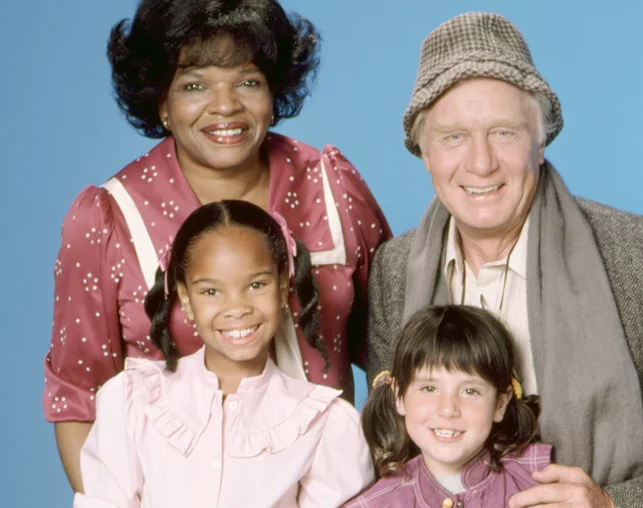
Soleil Moon Frye’s Punky turned mismatched sneakers into a mission statement. She was scrappy, stubborn, and determined to find her place in a world that felt unsteady. With Henry by her side, she rebuilt a home out of second chances. The show tackled tough topics, and Punky met them with open eyes.
Punky modeled resilience for kids who needed a hero their size. She made kindness look brave, not soft. Her creativity was a form of hope, and that hope was contagious. She proved that small voices can carry far when the heart behind them is loud.
12. Thomas Magnum – Magnum, P. I.
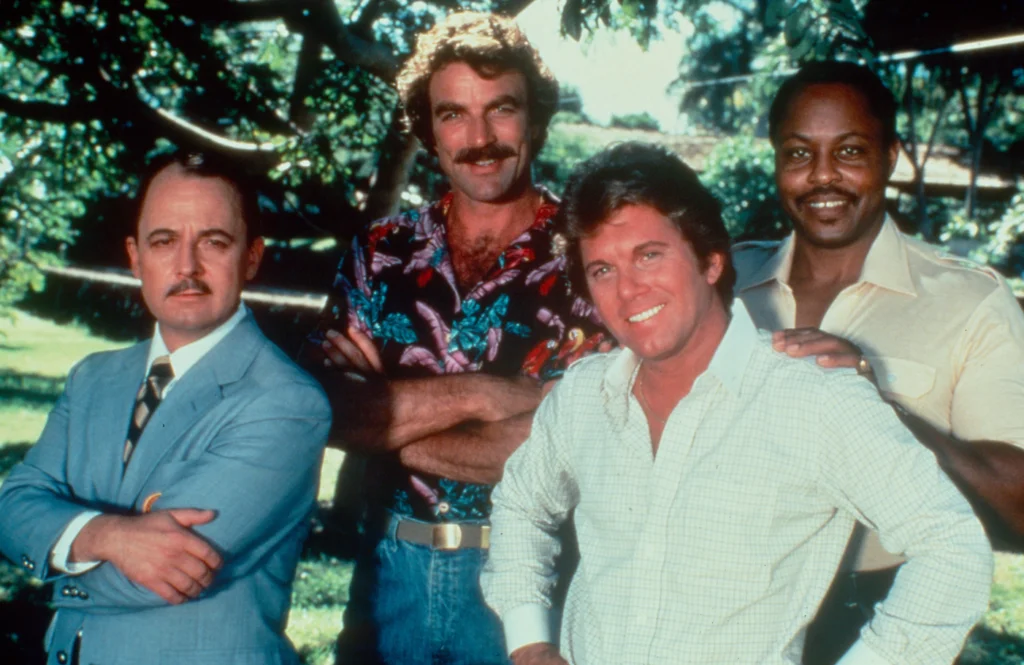
Tom Selleck’s Magnum had a mustache that could sign autographs, but the charm went deeper. He asked hard questions with a smile and took care of people who got overlooked. The show balanced sun soaked adventure with reflective moments. Magnum felt like a friend who happened to borrow a Ferrari.
What made him iconic was the mix of humor, humility, and grit. He was not invincible, which made his wins satisfying. He valued loyalty, especially to his buddies from the service. That code, lived out episode after episode, gave the style real substance.
13. ALF – ALF
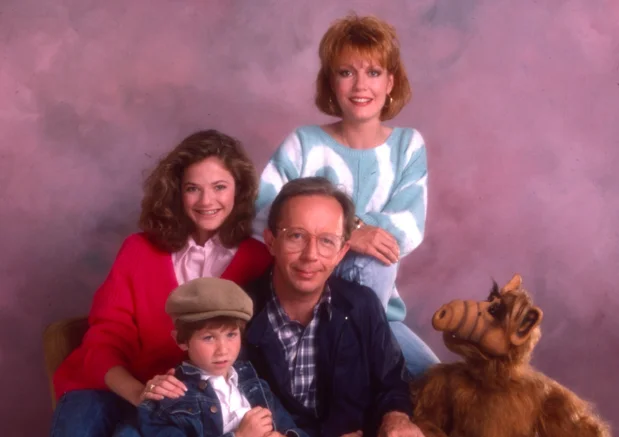
Gordon Shumway, better known as ALF, crashed into a suburban garage and into the culture. He ate too many snacks, made too many wisecracks, and charmed the Tanners anyway. The puppetry gave him life, but the writing gave him attitude. He was alien enough to be wild and human enough to be lovable.
ALF let the ’80s laugh at itself, with TV as both target and playground. He skewered sitcom tropes while thriving inside one, which is a neat trick. Kids adored him, adults got the jokes, and everyone repeated the catchphrases. He is proof that a big heart, plus a weird premise, can become a classic.


